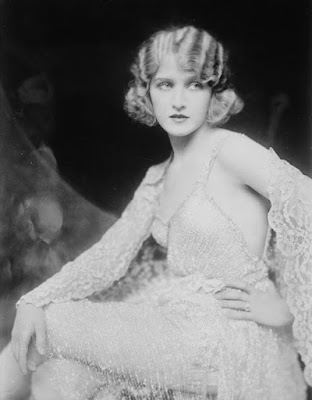Apologies for this write-up being a little late - I've been hard at work tracking down people's family histories!
The last episode of this series of Who Do You Think You Are? featured The Only Way Is Essex star Mark Wright.
The story of Wright's ancestors was largely one of hardship - albeit in a variety of forms.
From one interesting character - an ancestor with a Del Boy streak and a stint in the Veterinary Corps in World War One - Wright's episode moved on to another.
The lives of Sephardic Jewish ancestors were rarely easy.
Persecution of Jewish people sadly began long before the 20th Century, and Spain has an unpleasant history in this regard.
The infamous Spanish Inquisition had no ethical qualms with torturing and executing people simply because they followed another religion - in fact, they saw this is the only way to save their souls.
This meant that many Sephardic Jews or 'New Christians' as they were termed after their forcible conversion, felt they had little choice but to flee from their homes.
Mark's ancestor, a sword-master (real Zorro-style action!), left Spain for Amsterdam, and from there to London.
He himself had been tortured, and faced execution if there were a re-occurrence of the 'offence' of following his own religion. His nephew did not escape with his life.
A dramatic episode, then, to end this series of Who Do You Think You Are? And in my opinion, they did indeed save the best for last.

